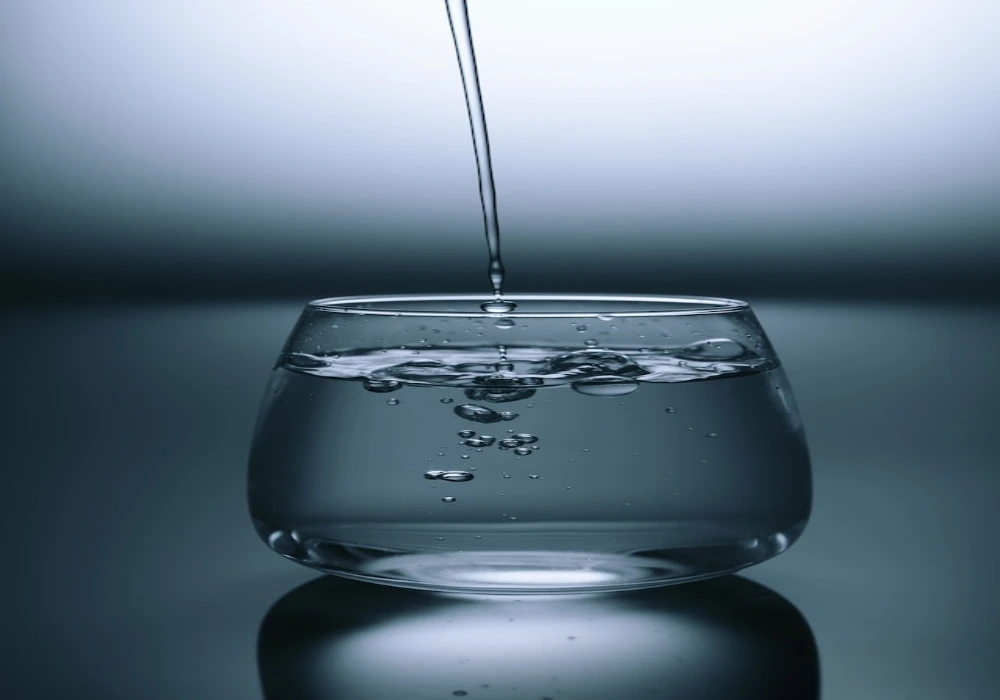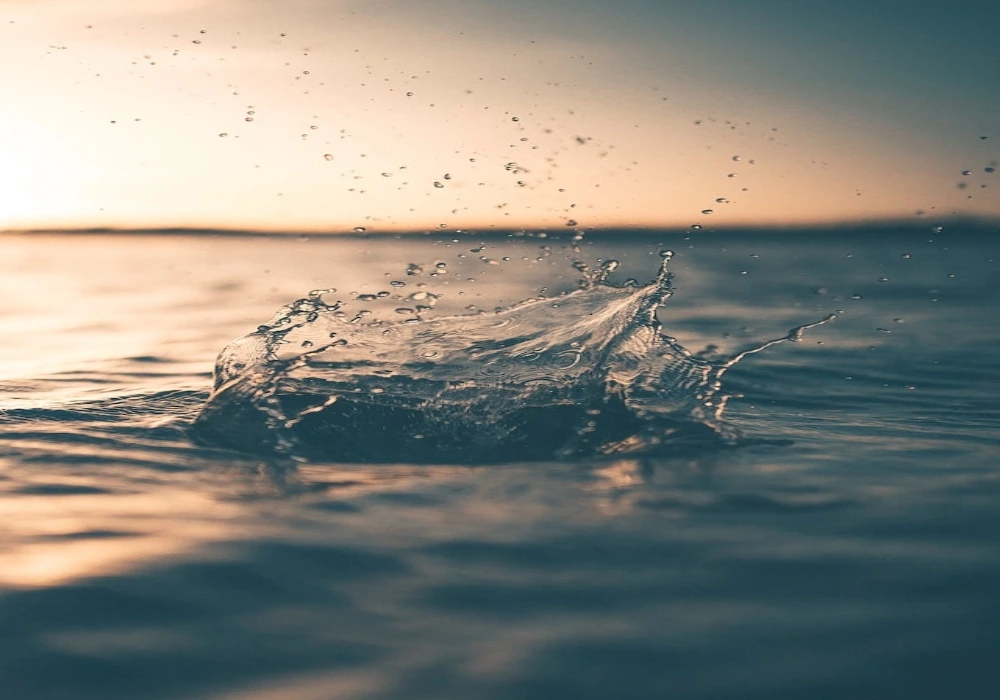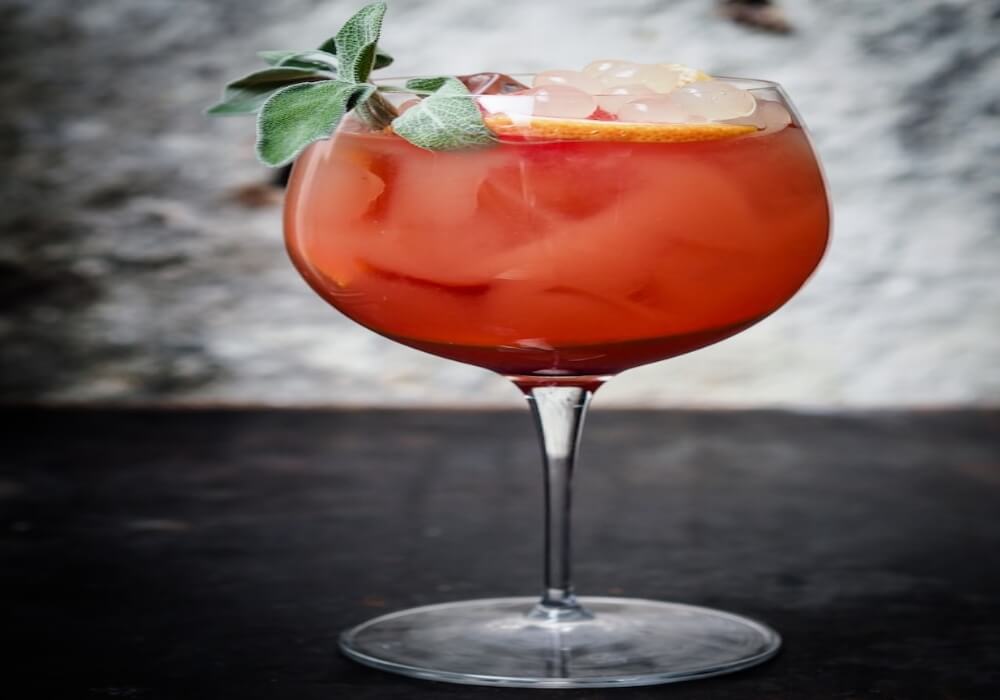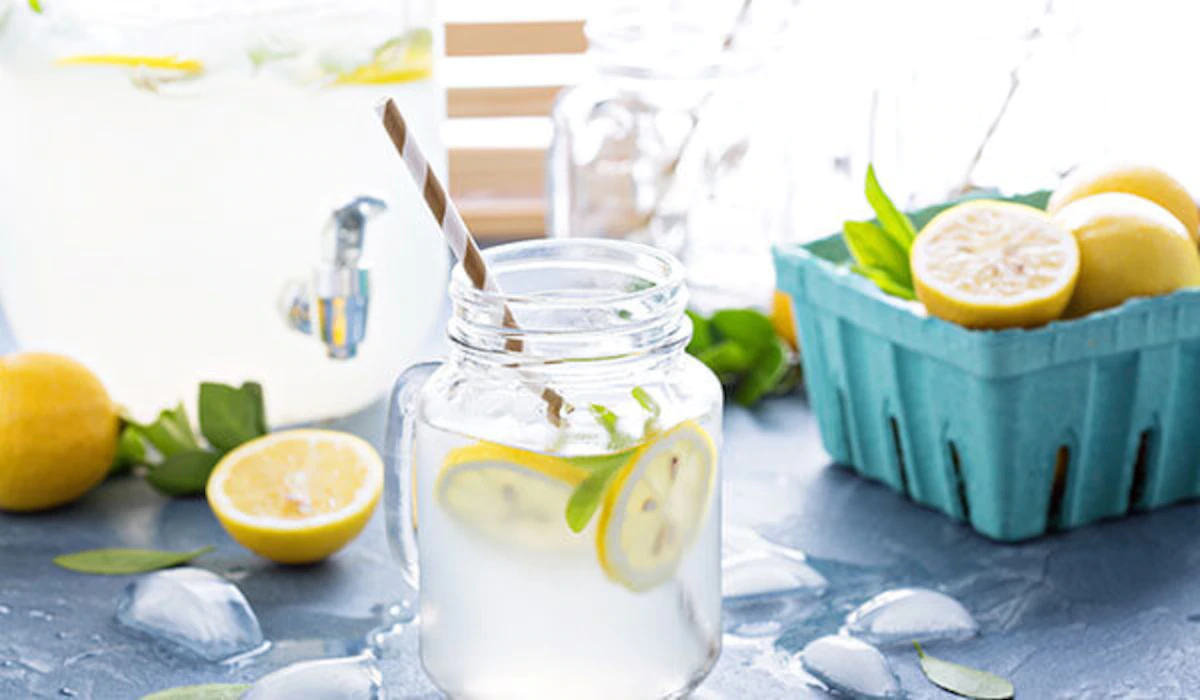Water is a crucial resource for all life forms. Although it exists across the planet, it’s not always suitable to drink. Without it, people can’t stay healthy or live very long. A lack of water also prevents people from accessing and creating essential resources.
Organizations are ready to send supplies and funding to places needing better water quality. Read about the countries with the best tap water to learn which requires the most assistance and where resources will be most beneficial.
Top European Countries With the Cleanest Drinking Water
Austria
The latest research shows that 98.90% of Austria had clean drinking water in 2022. The country has strict water testing standards for its government-controlled water facilities, along with tap water from mountain springs.
Finland
The pristine natural water sources in Finland are only partly why the country has some of the cleanest drinking water in the world. The country also shares its water quality responsibilities between the government and private companies.
As a result, the country has a high-quality water infrastructure network. Residents and visitors get healthy drinking water and companies gain access to water that’s clean enough to use for vital health care resources, food manufacturing and agriculture.
Greece
People in Greece can access clean drinking water almost anywhere, although the water may occasionally have a chlorine taste or odor. The country occasionally adds it to drinking water sources to kill bacteria and microorganisms that may otherwise pass through water filtration systems.
Iceland
Natural water from Iceland is some of the cleanest in the world. Government officials and water quality experts encourage people to drink from the river systems and lakes because the glacier-sourced water is naturally pure.
Some people confuse naturally clean water from glaciers and other water systems with ultra-pure water. It’s a common misconception that ultra-pure water is bad for you. It can be healthy in recommended amounts because it’s clean to drink.
However, your body will be better off long-term with water from natural sources like Iceland’s or those produced by water manufacturers. Ultra-pure water doesn’t have minerals, which people need to support their bodily functions.
Ireland
The strict water quality standards in Ireland create a dependable source of potable water throughout most of the country. You plan to visit any of its cities and enjoy the health benefits of nightly lemon water or tea by making a cup straight from the tap.
Malta
People can easily access high-quality tap water in Malta. It’s one of the countries with the best tap water, although it’s another destination that has water with a strong chlorine taste. It’s still safe to drink, but visitors should try it in small amounts as chlorination could upset sensitive stomachs.
Netherlands
Advanced water treatment systems in the Netherlands make its tap water extra clean. The country has strict water monitoring rules, although some small lakes aren’t safe for swimming due to algae.
Norway
Norwegian residents are almost always within reach of clean drinking water. The country’s infrastructure provides potable water to nearly 100% of its population due to the EU Water Framework Directive it follows.
Switzerland
The Swiss Alps trickle water down to the surrounding areas of the country, sustaining residents with some of the cleanest water in the world. If you tested it alongside bottled water, the results would be identical.
There are benefits to drinking ultra-pure water, like hydrating with only H20 molecules, drinking from water sources like the Swiss Alps ensures you’ll also get the waterborne minerals your body needs to support things like your immune system and brain functions.
United Kingdom
The U.K. is another country that continuously invests in its water infrastructure. The result is potable water throughout Britain, Wales, Scotland and Northern Ireland.
Challenges in Countries With Poor Drinking Water Quality
Bulgaria
Even though the most recent research shows that Bulgaria has a 100% compliance rate for its water quality, the same research points out the country’s infrastructure needs immediate repair. Decaying pipes can leak hard metals into the drinking water, which may reach residents when it doesn’t pass through water purification facilities.
Venezuela
The Venezuelan government publishes very little information regarding its infrastructure, which includes how mining and oil production interacts with the country’s water supply. Independent tests have shown toxic chemicals in tap water and sparked protests in the last few years.
Mexico
Water quality officials estimate that 94.5% of Mexico’s population can access drinking water, which may seem like a significant portion of its residents. However, reports show that 70% contains contaminants due to unenforced water quality standards and decaying water infrastructure piping.
Jamaica
People can access water in Jamaica at varying rates due to their economic status. Only 71% of Jamaica’s residents have piped water and of that percentage, 5.7% pipe water from rivers while 3.1% pipe it from ponds.
The U.S. Centers for Disease Control and Prevention (CDC) estimates that 8–20% of tourists experience traveler’s diarrhea due to the country’s insufficiently disinfected water. Residents and visitors take extra care before drinking water whenever possible. Water purification tablets and portable filters are essential whenever someone can afford them.
Learn More About Global Drinking Water
Understanding recent data helps people make more informed decisions about where to direct their resources. Funding and experienced professionals will help those most in need more efficiently by learning which countries lack the cleanest drinking water.





